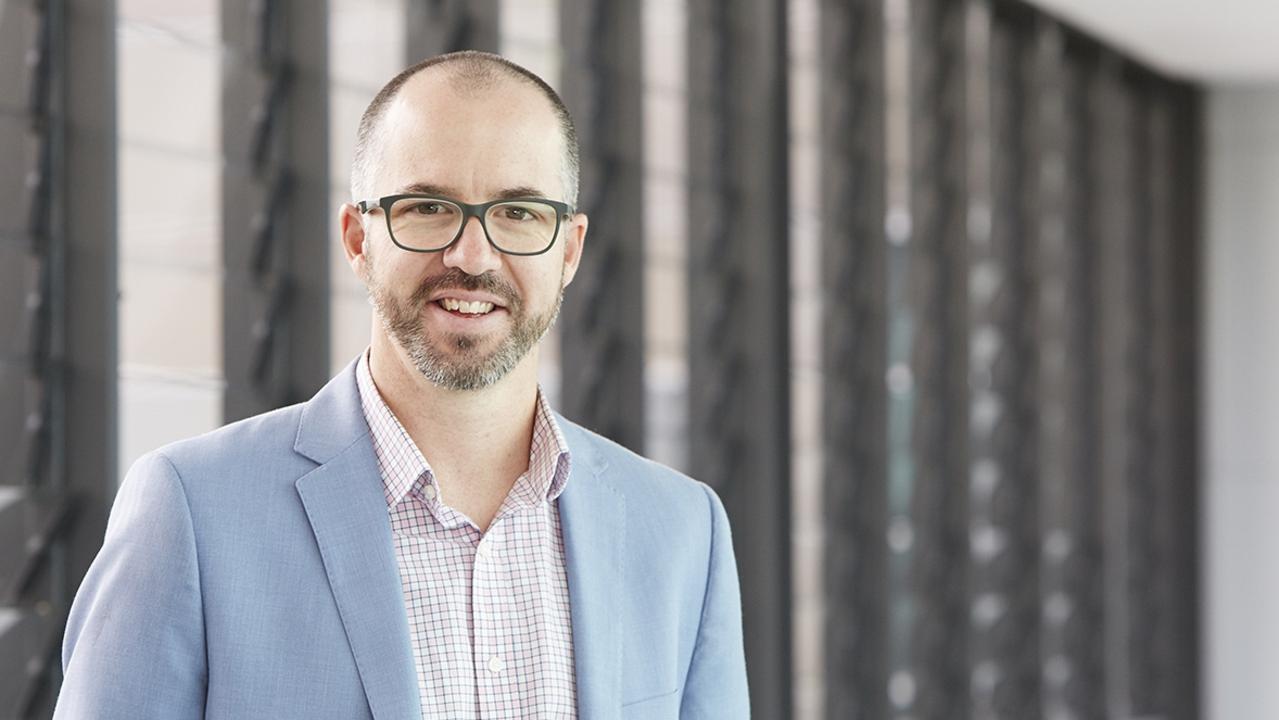Massive spike in elder abuse by relatives in their own homes
Queensland’s elderly are the secret victims of the state’s crippling housing crisis, with distressing data revealing a massive spike in elder abuse in the last four years.
QLD News
Don't miss out on the headlines from QLD News. Followed categories will be added to My News.
Queensland’s elderly are the secret victims of the housing crisis as a shocking new report exposes a massive spike in elder abuse cases in the last four years in homes shared by multiple generations of family.
UnitingCare’s latest study into elder abuse, the Year in Review, highlights the distressing extent of psychological, physical and financial abuse on older and vulnerable Queenslanders where relatives move in and try to get their hands on assets.
The report reveals a 74 per cent increase in cases since 2018-19 where victims and perpetrators live in the same home.
Luke Lindsay, general manager of UnitingCare’s Wellbeing Services, said the rise in abuse was due to combined factors of the housing shortage, higher interest rates and other cost of living pressures.
“The growing number of victim and perpetrator cohabitation cases is a worrying trend. The tough economic climate and the housing crisis continues to present challenges for many people within the community, which unfortunately means that the drivers of increased cohabitation will likely continue in the short-term as more adult children move in with their parents,” Mr Lindsay said.
“Multi-generational living can be challenging and unfortunately relationships can break down, placing the older person at higher risk of distressing financial, psychological or even physical abuse.”
In 2021-22 financial year there were 1374 cases of elder abuse reported when the victim lived under the same roof as the abuser.

The report noted that more victims were fearful of becoming homeless or had already experienced homelessness because of the abuse.
“The data shows that we need longer term solutions to this issue— a focus on supporting access to safe, accessible, and affordable housing for victims of elder abuse is needed,” Mr Lindsay said.
The most common type of abuse reported to the Elder Abuse Prevention Unit was psychological (76.6 per cent) followed by financial (62.1 per cent) and social abuse (27.8 per cent).
It is common for victims to experience multiple types of abuses simultaneously, with more than one type of abuse reported in 68.7 per cent of cases.
Ageism was identified in almost one-third of cases, while a sense of entitlement to an older relative’s assets was identified in close to half of elder abuse cases (44.2 per cent).
Overall there were 2338 abuse notifications to EAPU helpline in 2021-22 — a rise of 15.6 per cent on the previous year.
Seniors Minister Craig Crawford said many instances of elder abuse sadly involved family or someone they know and trust.
“This latest report shows a spike in victims and perpetrators cohabitating as people move back home to live with elderly family,” Mr Crawford said.
“We know there are many reasons why cohabitation occurs but it is vital our elders deserve to live safely, with dignity and respect,” he said.
“What we can take from the increase in reported cases is that our awareness campaigns are working. We are bringing the issue out of the shadows, letting people know there is help and support available and making access to that support possible,” he said.
More Coverage
Read related topics:QLD housing crisis






